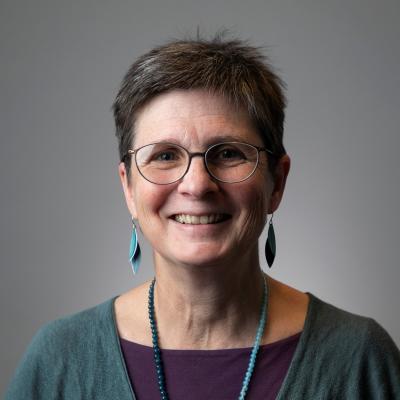Getting to grips with the needs of older people
12 September 2013

There comes a time in your life when you start to get preoccupied about what the world looks like for older people, profoundly hoping it will get better before you have to experience it for yourself. Recent experiences of my friends’ and family’s elderly relatives have highlighted to me that our current care system is not adequate to meet the increasingly complex needs of people who are living longer with multiple conditions.
So, I was heartened to read the Royal College of Physicians' (RCP) new report on the Future Hospital. Getting to grips with the changes needed to meet older people's needs is essential. To see ownership and leadership being provided by part of the system that itself has to change, gives some confidence that things are on the move.
It would be foolish to suggest that any of this change is going to be easy. But while the many structural and process changes recommended are tangible and more straightforward to put into practice, it will undoubtedly be the behavioural changes implied in the report that will provide the greatest challenge.
The RCP makes a clear and unequivocal statement that patients need to be ‘empowered to prevent and recover from ill-health through effective communication, shared decision making and self management’. At the Health Foundation, we completely endorse this view. Over the past seven years we have led the largest body of work in the UK to develop, test and evaluate interventions to support just this.
Recent evaluations of our shared decision making and self-management support programmes provide important and timely insights for those tasked with taking forward the RCP's recommendations. Published yesterday, the evaluation of our Co-creating Health programme finds that delivering, sustaining and spreading self-management support is challenging but possible – and its rewards can be immensely rich.
The consistent message from our work is that shifting from the current approach to one where people are enabled to take an active role in their own care, requires:
- changes in professional attitudes and expectations: this will only happen if these are instilled in training of health professionals and modelled in practice
- changes in public understanding and expectation of their role in their own health: governments and patient groups have an important role to play in this transformation
- changes in the way services are delivered: people need access to information about their care, support to understand their choices and options, and be able to access information more easily in a way that suits them – healthcare leaders must ask to what extent their current services facilitate this.
The changes set out in the report can’t come soon enough. We’re supporting the RCP to provide professional leadership in this area through a funded fellowship, and will continue to call on others to play their part.
Jo is Director of Strategy at the Health Foundation, www.twitter.com/jobibbythf
Work with us
We look for talented and passionate individuals as everyone at the Health Foundation has an important role to play.
View current vacanciesThe Q community
Q is an initiative connecting people with improvement expertise across the UK.
Find out more

